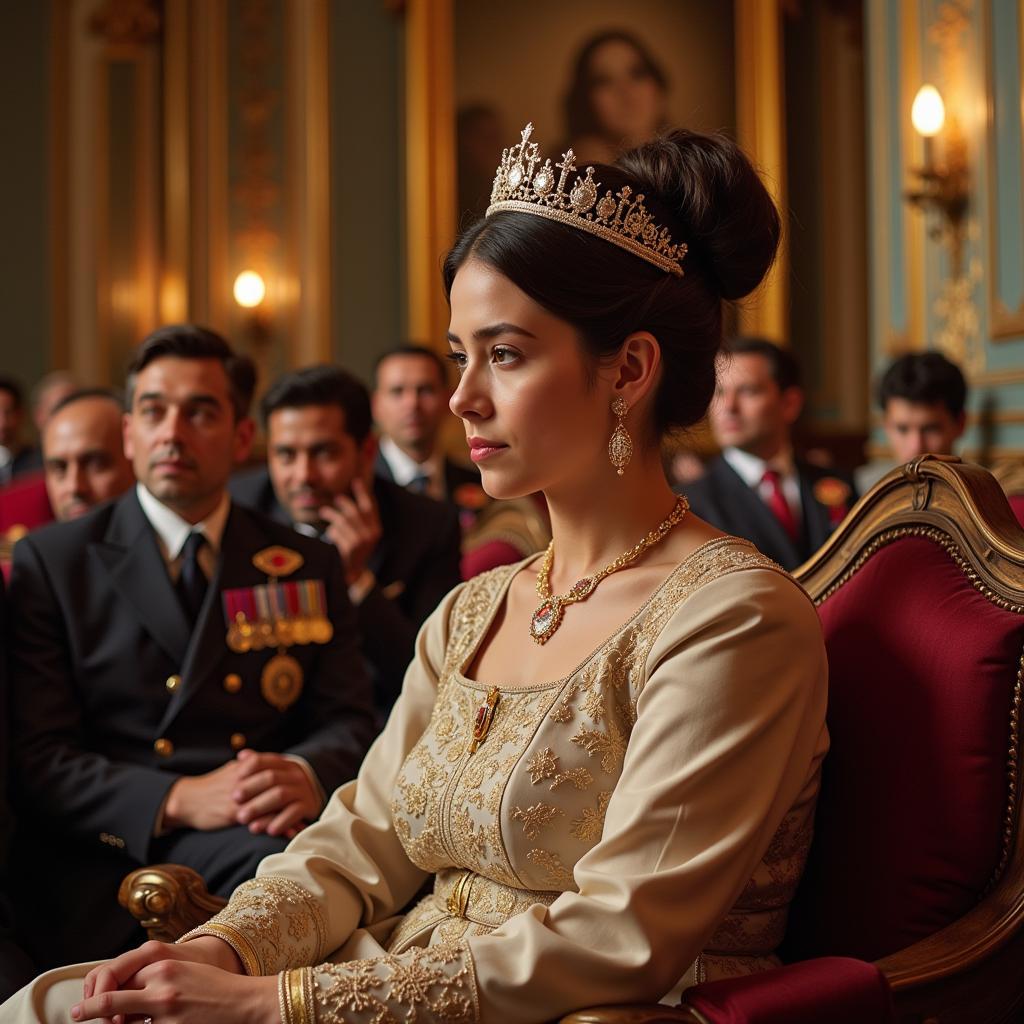The term “Monarch Society” evokes images of crowns, castles, and a life of privilege. But what does it truly mean to live in a society ruled by a monarch? This article delves into the intricacies of monarchical societies, exploring their historical context, cultural impact, and enduring legacy.
The Historical Context of Monarch Societies
Throughout history, monarchy has been the dominant form of government. From ancient empires to modern constitutional monarchies, the rule of a single sovereign has shaped the political and social landscape of countless nations. These societies, often structured around a hierarchical system with the monarch at the apex, developed unique customs, traditions, and power dynamics. The influence of religion, military power, and economic factors played crucial roles in shaping the nature of these societies. The rise and fall of monarchies often mirrored broader historical trends, reflecting shifts in power, ideology, and social structures.
Understanding the historical context of a monarch society is crucial to grasping its cultural impact. For example, in many societies, the monarch was considered a divine ruler, their authority stemming directly from a higher power. This belief system permeated all aspects of life, from religious practices to social hierarchies. The concept of divine right often justified the monarch’s absolute power and shaped the relationship between the ruler and the ruled.
Cultural Impacts of a Monarch Society
Monarch societies often developed rich and complex cultures, deeply intertwined with the symbolism and rituals of the monarchy. Art, literature, and music frequently celebrated the monarch and reinforced their authority. enlightenment thinkers encouraged the improvement of society through the Thinkers during the Enlightenment era even questioned the very foundations of monarchical societies, advocating for alternative forms of governance based on reason and individual rights. This intellectual ferment played a significant role in shaping modern political thought and challenging the legitimacy of absolute monarchy.
The influence of a monarch society extended far beyond the royal court, shaping the everyday lives of its citizens. Social structures, legal systems, and economic activities were often organized around the monarch’s authority. For instance, land ownership and inheritance laws were frequently tied to the monarch’s will, solidifying their control over resources and power.
How Did People Live in a Monarch Society?
Life in a monarch society varied greatly depending on one’s social standing. The nobility enjoyed privileged positions, often holding significant political and economic power. monarch society obituaries can provide a glimpse into the lives of those within the upper echelons of these societies. While the elite lived in relative luxury, the vast majority of the population faced hardships, with limited opportunities for social mobility. Their lives were often dictated by the whims of the ruling class and the economic realities of an agrarian society.
The Legacy of Monarch Societies
Even in the modern era, the legacy of monarch societies continues to shape our world. From constitutional monarchies like the United Kingdom to the remnants of imperial power structures, the influence of monarchy can still be observed in various political and cultural contexts. sixteenth century society provides a compelling case study of a society grappling with the complexities of monarchical rule. The symbols, traditions, and historical narratives associated with monarchies continue to resonate in contemporary society, shaping national identities and cultural expressions.  Legacy of Monarch Societies
Legacy of Monarch Societies
arch society and other historical preservation groups work to maintain and understand the physical remnants of these past societies. The study of monarch societies offers valuable insights into human history, political systems, and the enduring power of tradition. kansas native plant society provides another interesting parallel, showcasing how societies, even those focused on seemingly unrelated topics, can be structured and organized.
In conclusion, the “monarch society” is more than just a historical term; it represents a complex tapestry of political structures, social hierarchies, and cultural expressions. By exploring the historical context, cultural impacts, and enduring legacy of these societies, we can gain a deeper understanding of our shared human past and the forces that have shaped our present.
Expert Insights:
- Dr. Eleanor Vance, Historian: “Monarch societies, while often associated with opulence and power, also reveal the intricate relationships between rulers and the ruled, providing valuable lessons about governance and social dynamics.”
- Professor Charles Beaumont, Anthropologist: “The cultural impact of a monarch society extends far beyond the confines of the court, shaping everything from art and architecture to religious beliefs and social customs.”
Need support? Contact us 24/7: Phone: 02043854663, Email: [email protected], or visit us at Zone 34, Bac Giang, 260000, Vietnam.